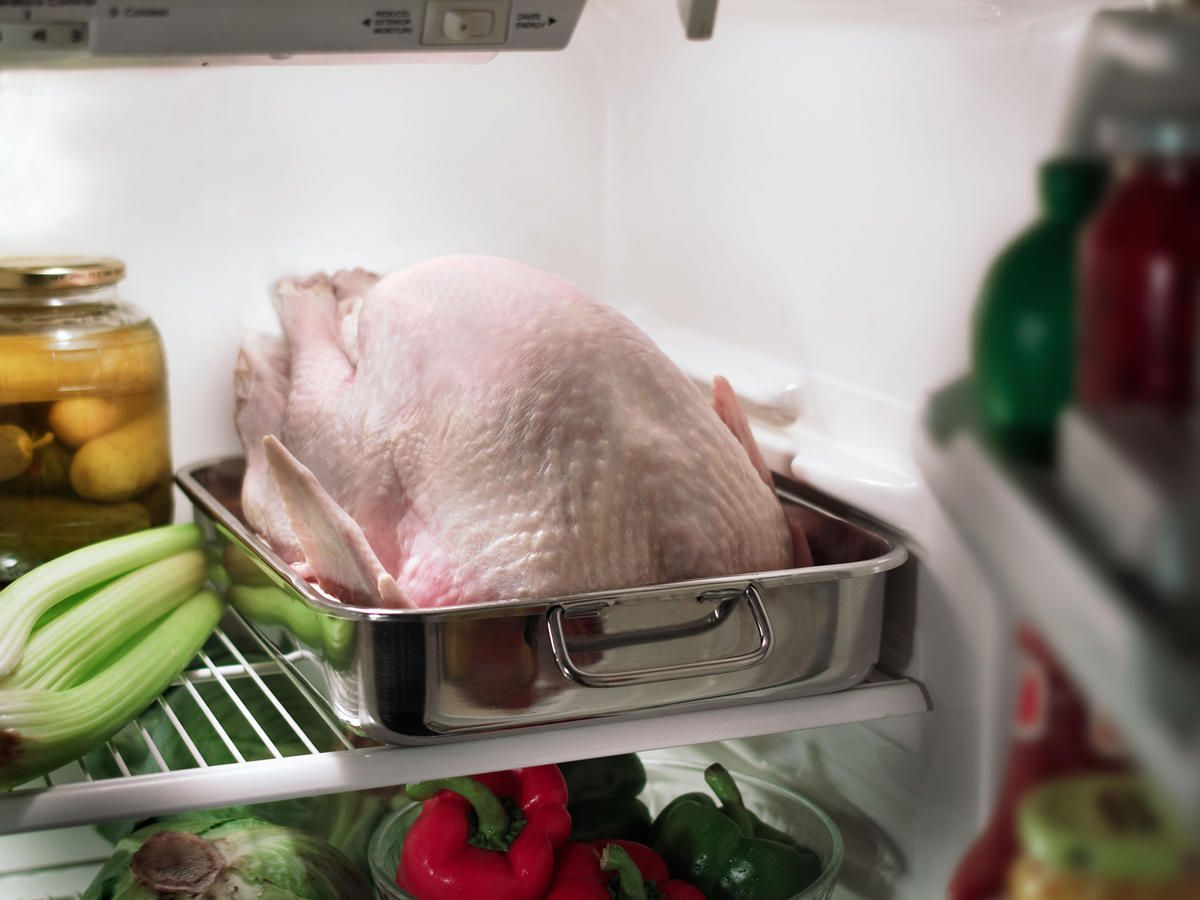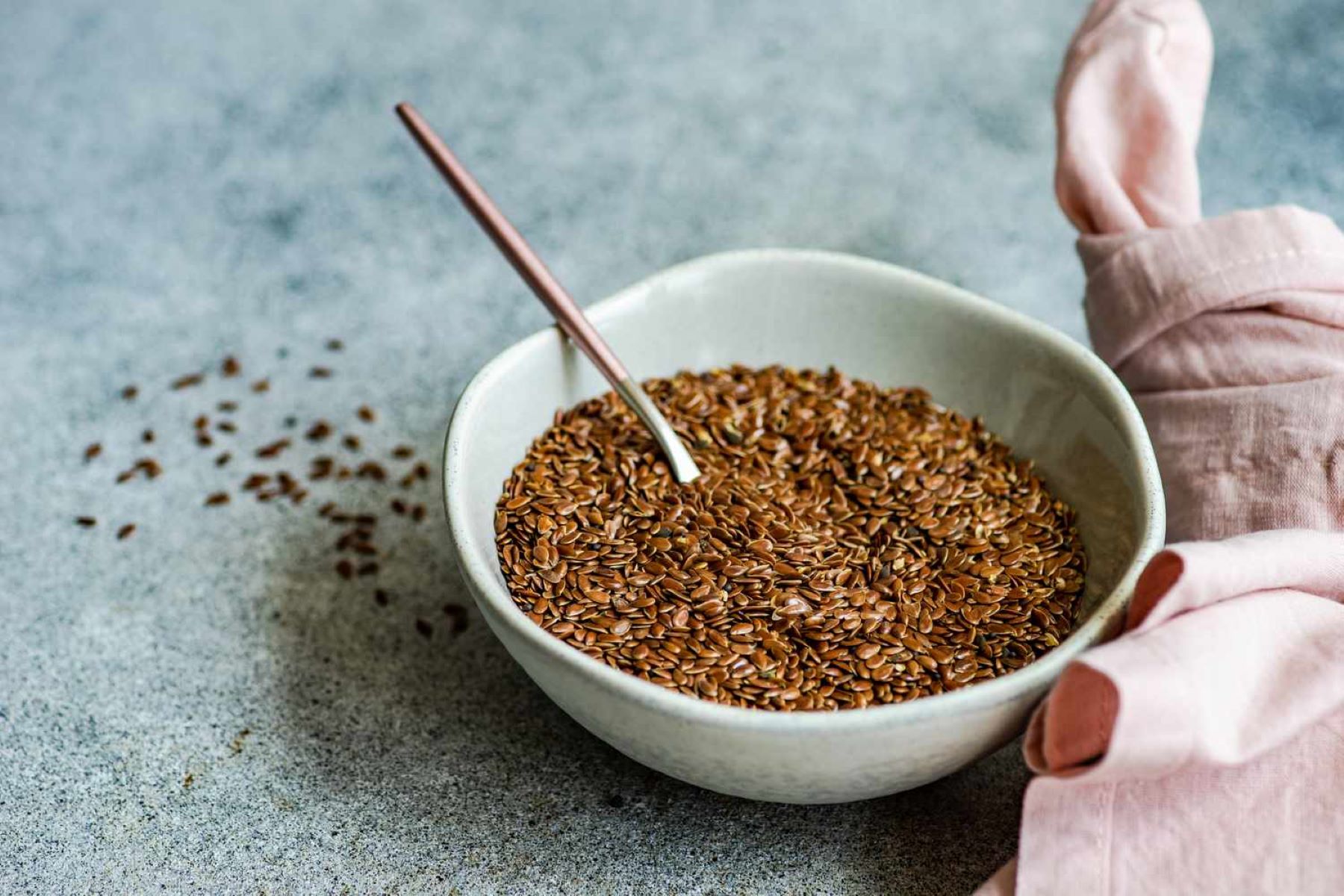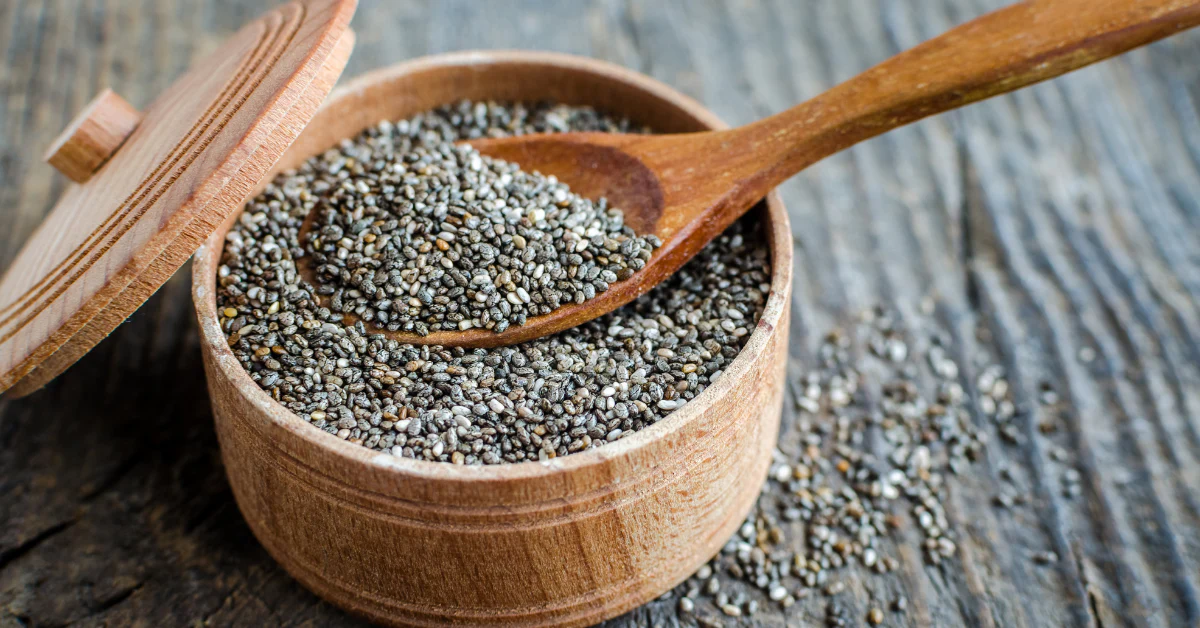Home>Articles>How Long Can You Keep A Fresh Turkey In The Refrigerator


Articles
How Long Can You Keep A Fresh Turkey In The Refrigerator
Modified: January 18, 2024
Find out how long you can safely store a fresh turkey in the refrigerator. Read our informative articles for guidelines and tips.
(Many of the links in this article redirect to a specific reviewed product. Your purchase of these products through affiliate links helps to generate commission for Storables.com, at no extra cost. Learn more)
Introduction
Are you planning to buy a fresh turkey for your next special occasion? One important factor to consider is how long you can keep a fresh turkey in the refrigerator before it spoils. Proper storage is key to maintaining the quality and safety of the turkey. In this article, we will explore the best practices for storing fresh turkey in the refrigerator and discuss the factors that can affect its shelf life. By following these guidelines, you can ensure that your turkey remains fresh and delicious for as long as possible.
Key Takeaways:
- Proper storage and handling are crucial for maintaining the freshness and safety of a fresh turkey. Follow recommended guidelines to ensure optimal conditions and enjoy a delicious, safe meal for your special occasion.
- Pay attention to signs of spoilage, such as odor, color, and texture changes. Prioritize food safety, follow safety precautions, and trust your senses when storing and consuming fresh turkey.
Storing Fresh Turkey in the Refrigerator
When it comes to storing a fresh turkey, the refrigerator is your best friend. It provides a cool and controlled environment that helps slow down the growth of bacteria, keeping the turkey fresh and safe to consume. Here are some important tips to follow when storing a fresh turkey in the refrigerator:
- Make sure your refrigerator is set to a temperature of 40°F (4°C) or below. This is the ideal temperature range for storing perishable foods, including turkey.
- Ensure that your turkey is properly wrapped or stored in a leak-proof plastic bag to prevent any juices from contaminating other foods in the refrigerator.
- Place the turkey on a tray or in a shallow pan to catch any drips and prevent cross-contamination.
- Keep the turkey on the bottom shelf of the refrigerator, away from ready-to-eat foods, to avoid any potential contamination.
- Avoid overcrowding the refrigerator. Make sure there is enough space around the turkey for proper air circulation, which helps maintain the temperature and freshness of the meat.
By following these guidelines, you can ensure that your fresh turkey is stored in the best possible conditions to maintain its quality and taste. However, it’s important to keep in mind that the shelf life of a fresh turkey will also depend on various external factors.
Factors Affecting the Shelf Life of Fresh Turkey
Several factors can affect the shelf life of a fresh turkey. Understanding these factors is crucial for ensuring the quality and safety of the meat. Here are some key factors to consider:
- Freshness at the Time of Purchase: The initial quality of the turkey plays a significant role in determining its shelf life. It is important to choose a turkey that is fresh, with intact skin and a pleasant odor.
- Storage Temperature: The temperature of the refrigerator is crucial in preserving the freshness of the turkey. As mentioned earlier, a temperature of 40°F (4°C) or below is recommended. At this temperature, the growth of bacteria is slowed down, prolonging the shelf life.
- Handling and Contamination: Proper handling practices are essential to prevent contamination and maintain the quality of the turkey. Cross-contamination with other raw meats or foods can introduce harmful bacteria and affect the shelf life.
- Packaging and Wrap: The packaging and wrap used to store the turkey can affect its shelf life. Make sure the turkey is tightly wrapped in a leak-proof plastic bag or packaging to prevent any exposure to air or contamination.
- Storage Time: The longer the turkey is stored in the refrigerator, the greater the chances of spoilage. Fresh turkeys have a limited shelf life, and it is important to consume or freeze them within a specific time frame.
- Quality of the Refrigerator: The efficiency and cleanliness of the refrigerator can impact the shelf life of the turkey. Regularly clean and maintain your refrigerator to ensure optimal storage conditions.
By considering these factors and following proper handling and storage practices, you can maximize the shelf life of your fresh turkey and enjoy it at its best.
Proper Handling and Storage Practices
Proper handling and storage practices are essential for maintaining the quality and safety of a fresh turkey. By following these guidelines, you can ensure that your turkey stays fresh for a longer period of time:
- Thawing: If your fresh turkey is frozen, it is important to properly thaw it before storing it in the refrigerator. Thawing should be done in the refrigerator over several days to ensure a safe and even thaw. Avoid thawing the turkey at room temperature, as this can promote bacterial growth.
- Separation: Keep raw turkey separated from other foods to prevent cross-contamination. It is recommended to store the turkey on a tray or in a shallow pan to catch any drips and avoid contact with other items in the refrigerator.
- Proper Wrapping: Use airtight and leak-proof packaging or plastic bags to wrap the turkey. This prevents air from entering and preserves the freshness of the meat. It also prevents any juices from leaking, which can contaminate other foods.
- Avoid Freezing-Thawing Cycles: Repeated freezing and thawing can degrade the quality of the turkey. It is best to consume or cook the turkey as soon as possible after thawing to maintain its flavor and texture.
- Proper Cleaning: Before handling the fresh turkey, ensure that all surfaces, utensils, and cutting boards are clean and sanitized. This helps to prevent the spread of bacteria.
- Storage Duration: Ideally, a fresh turkey should be stored in the refrigerator for no longer than 1 to 2 days. Beyond this timeframe, it is advisable to freeze the turkey to extend its shelf life.
By following these proper handling and storage practices, you can maintain the quality and safety of your fresh turkey, ensuring a delicious meal for you and your loved ones.
A fresh turkey can be kept in the refrigerator for 1-2 days before cooking. Be sure to store it in the coldest part of the fridge, and keep it in its original packaging or a shallow, covered container to prevent any juices from leaking.
Recommended Storage Time for Fresh Turkey
The recommended storage time for a fresh turkey in the refrigerator is relatively short compared to other types of meat. It is important to follow these guidelines to ensure the freshness and safety of the turkey:
- If you plan to cook the fresh turkey within 1-2 days of purchase, refrigeration is the best option. Make sure to store it at a temperature of 40°F (4°C) or below.
- If you do not plan to cook the turkey within 1-2 days, it is advisable to freeze it for longer-term storage.
- Frozen turkeys, when stored properly in the freezer, can be kept for several months without compromising quality. Be sure to wrap the turkey tightly with freezer-safe packaging to prevent freezer burn.
If you decide to freeze the fresh turkey, it’s important to note that freezing will halt bacterial growth, but the quality of the turkey may slightly deteriorate over time. Therefore, it is generally recommended to consume the turkey within 6-9 months of freezing for the best taste and texture.
Remember that these are general recommendations and may vary depending on factors such as the quality of the turkey, proper handling practices, and the efficiency of your refrigerator or freezer. Always use your judgment and inspect the turkey for any signs of spoilage before cooking or consuming it.
By following the recommended storage time guidelines, you can ensure that your fresh turkey remains safe, delicious, and ready to be enjoyed when the time comes.
Signs of Spoilage in Fresh Turkey
It is important to be able to identify the signs of spoilage in a fresh turkey to ensure that it is safe to consume. Here are some key indicators that the turkey may have spoiled:
- Unpleasant Odor: If the turkey emits a strong, rancid, or unusual odor, it is a clear sign of spoilage. Fresh turkey should have a mild, fresh smell. Trust your nose and discard the turkey if it has a foul smell.
- Change in Color: Pay attention to any changes in the color of the turkey. If the skin appears discolored, becomes slimy, or develops dark spots, it is likely an indication of spoilage.
- Texture: Inspect the texture of the turkey. If the meat feels slimy or sticky, it may have started to spoil. Fresh turkey should have a firm texture.
- Visible Mold: The presence of mold on the surface of the turkey is a clear indication of spoilage. Mold can be green, white, black, or blue in color and should never be consumed.
- Unusual Taste: If you notice an off or unusual taste when cooking or consuming the turkey, it is best to err on the side of caution and refrain from eating it. The taste may be bitter, sour, or generally unpleasant.
If you observe any of these signs of spoilage in a fresh turkey, it is crucial to discard it immediately. Consuming spoiled meat can lead to foodborne illnesses and pose health risks.
Remember to trust your senses and always prioritize food safety. When in doubt, it is better to be safe than sorry and opt for a fresh, uncontaminated turkey for your meal.
Safety Precautions when Storing Fresh Turkey
When storing a fresh turkey, it is important to follow certain safety precautions to minimize the risk of foodborne illnesses. Here are some key safety measures to keep in mind:
- Temperature Control: Ensure that your refrigerator is set to a temperature of 40°F (4°C) or below. This helps prevent the growth of bacteria that can cause foodborne illnesses. Regularly monitor and maintain the temperature to ensure it stays within the safe zone.
- Prevent Cross-Contamination: Store the fresh turkey on a separate tray or shallow pan to prevent the spread of bacteria to other foods. Keep it away from ready-to-eat foods, such as fruits, vegetables, and cooked meats, to avoid cross-contamination.
- Proper Packaging: Wrap the fresh turkey tightly in leak-proof plastic wrap or a plastic bag before storing it in the refrigerator. This prevents any juices from contaminating other foods and helps maintain the hygiene and integrity of the turkey.
- Regular Inspection: Regularly inspect the turkey for any signs of spoilage, such as unusual odor, discoloration, or sliminess. If any of these signs are present, discard the turkey immediately to prevent the risk of foodborne illnesses.
- Hand Hygiene: Before and after handling the fresh turkey, wash your hands thoroughly with soap and water for at least 20 seconds. This helps eliminate any potential bacteria and reduces the risk of contamination.
- Proper Cleaning: Clean and sanitize all surfaces, cutting boards, utensils, and containers that come into contact with the fresh turkey. Use hot, soapy water or disinfectants to ensure proper cleanliness, which helps prevent the spread of bacteria.
- Use-By Dates: Check the use-by date provided by the retailer or packaging. It indicates the recommended shelf life of the turkey. Do not consume the turkey if it is past the use-by date, as it may no longer be safe to eat.
By following these safety precautions, you can significantly reduce the risk of foodborne illnesses and ensure the safety of your fresh turkey. Remember, proper handling and storage practices are essential for maintaining food safety throughout the storage period.
Conclusion
Proper storage of a fresh turkey is essential for maintaining its quality, freshness, and safety. By following the recommended guidelines and best practices, you can ensure that your turkey remains in optimal condition for as long as possible. From storing the turkey in the refrigerator at the right temperature to practicing proper handling and cleaning techniques, each step plays a crucial role in maintaining the turkey’s shelf life.
Remember to pay attention to the signs of spoilage, such as unpleasant odor, discoloration, and changes in texture. Trust your senses and discard the turkey if there are any doubts about its freshness or safety.
By understanding the factors that can affect the shelf life of a fresh turkey and implementing the recommended storage timeframes, you can make the most of your purchase and enjoy a delicious and safe meal. Whether you plan to cook the turkey within a few days or opt to freeze it for long-term storage, following the proper guidelines will ensure that you have a flavorful and safe turkey for your special occasion.
Always prioritize food safety, practice good hygiene, and regularly inspect and clean your refrigerator to maintain optimal storage conditions. By taking these precautions, you can confidently store a fresh turkey and savor its delicious taste without compromising on safety.
So, the next time you bring home a fresh turkey, remember these storage tips to ensure that it stays fresh and delicious for your upcoming feast. Happy cooking!
Frequently Asked Questions about How Long Can You Keep A Fresh Turkey In The Refrigerator
Was this page helpful?
At Storables.com, we guarantee accurate and reliable information. Our content, validated by Expert Board Contributors, is crafted following stringent Editorial Policies. We're committed to providing you with well-researched, expert-backed insights for all your informational needs.















0 thoughts on “How Long Can You Keep A Fresh Turkey In The Refrigerator”